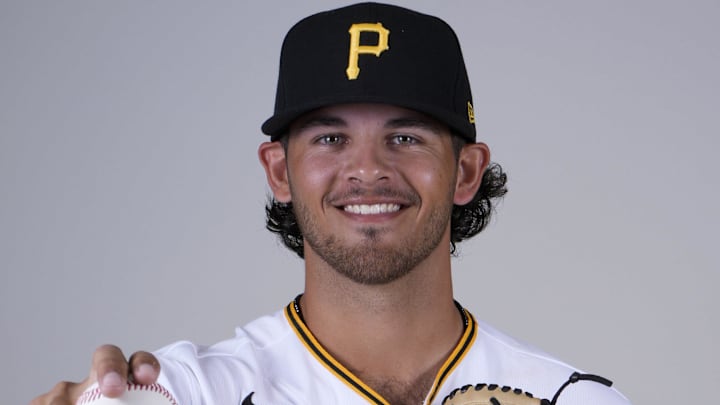1 of 3
Pittsburgh Pirates top pitching prospects Jared Jones and Anthony Solometo have struggled since being promoted levels over the summer. Should fans have legitimate concerns about them?
The Pittsburgh Pirates are likely going to build their future around their pitching staff. Of the 43 top prospects listed by FanGraphs, 26 are pitchers. MLB Pipeline also likes Pirate pitching prospects, with seven of their top 10 prospects being pitchers.
So when you see two guys who many consider to be part of the future rotation, namely Jared Jones and Anthony Solometo, not doing well in the upper minors, some might start to worry. But are these worries valid? Maybe once you add context, it doesn’t look nearly as bad.
